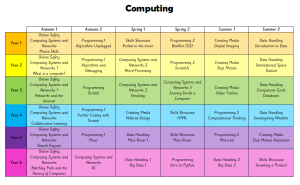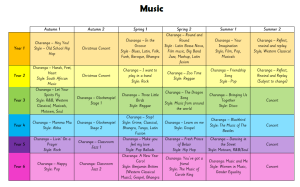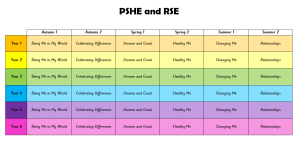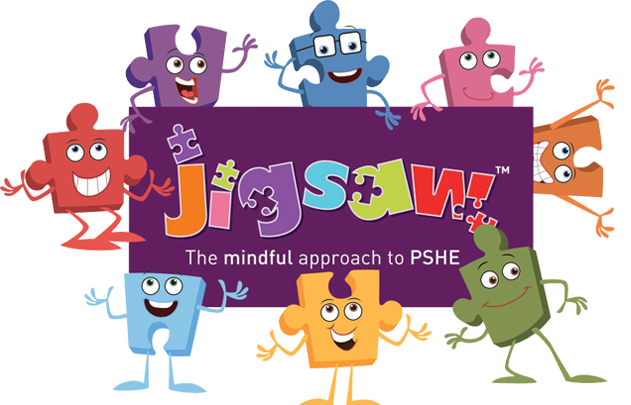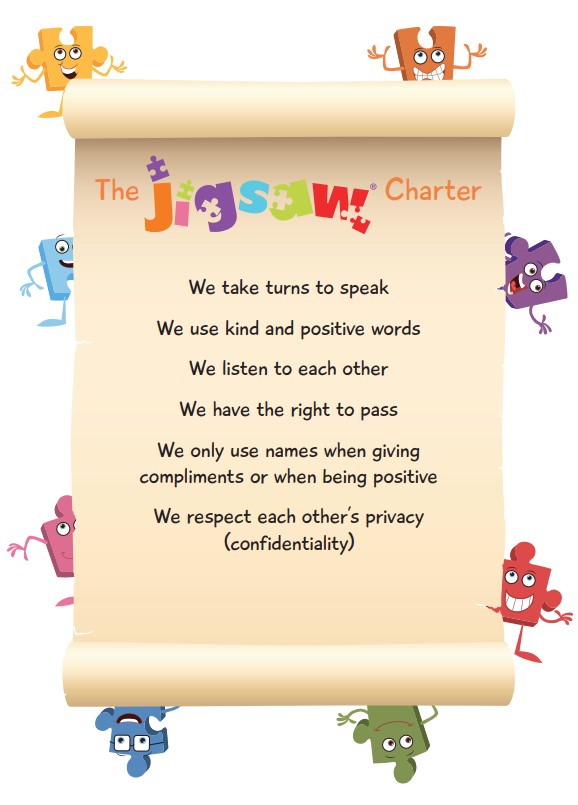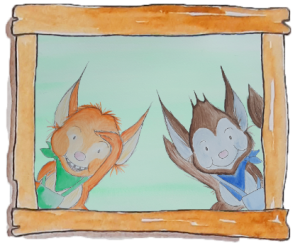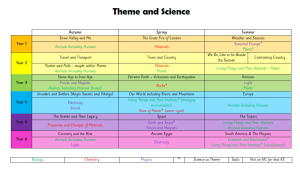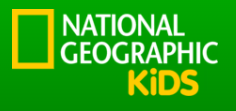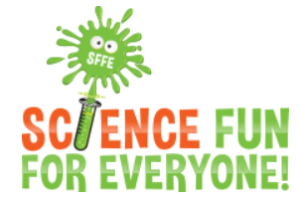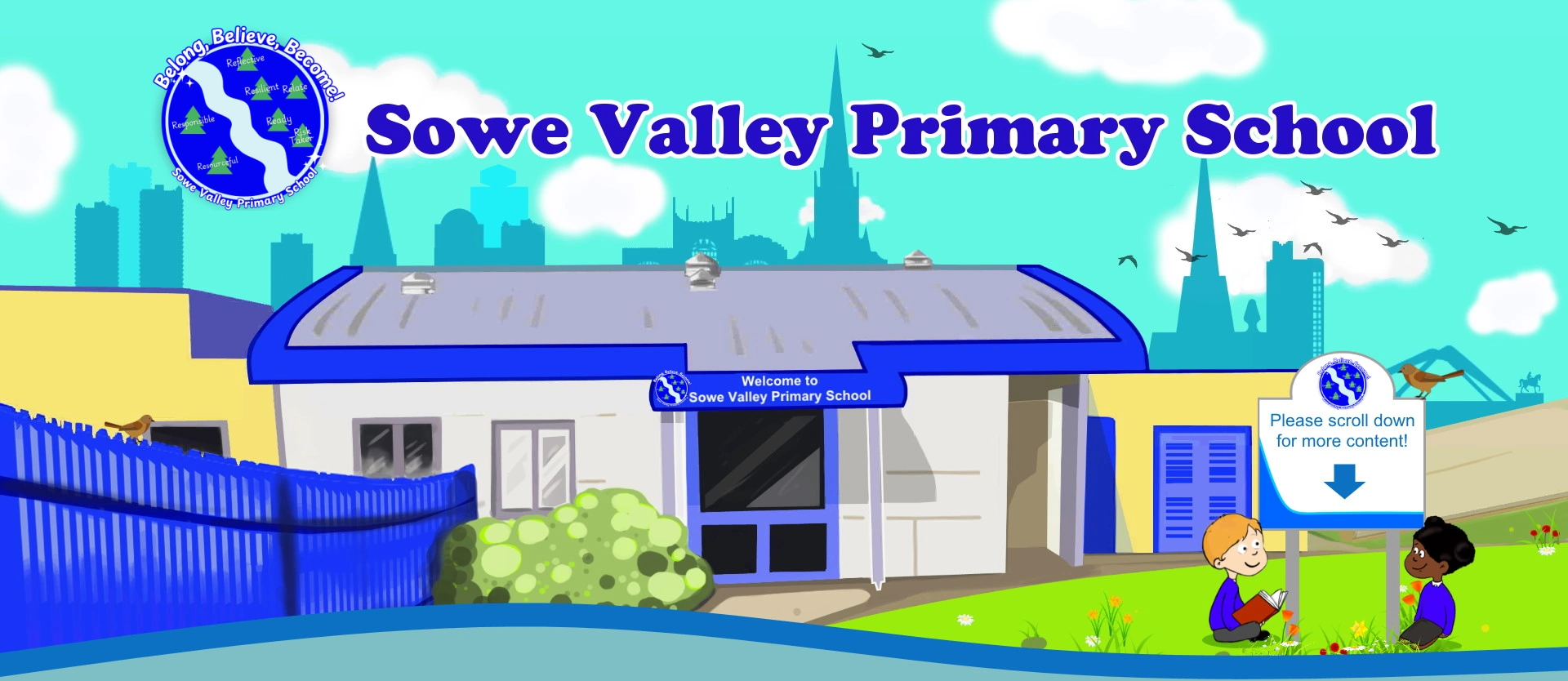
School Curriculum
At Sowe Valley, we aim for our children to foster a lifelong love of learning. We provide a broad and balanced curriculum that is creative, inspiring and fun! We provide children with a stimulating environment in which they are encouraged to have the confidence to explore and experiment as they work hard and respond positively to challenge.
Our school’s vision of Belong, Believe, Become threads through our curriculum content and delivery. In every subject, we strive for children to belong: feeling safe, included and valued. We encourage children to believe in themselves, their abilities and their potential to achieve great things. We want to inspire our children to become confident, successful and responsible individuals who reach their full potential.
Our curriculum offer is accessible to all pupils including those who are in receipt of Pupil Premium or have SEND. Further information about our provision for these pupils can be found in the links below as well as in the Key Information section of our website:
Each subject area of the curriculum is led by a teacher in the school. There is more information about our curriculum content on each of the subject pages below. Our termly class newsletters also give more information about the key areas of learning for the coming term.
Our whole curriculum is overseen by our Curriculum Leader, Miss Alex Mills. Please speak to a member of staff if you have any further questions about our curriculum content.
Curriculum Subjects
Art
Art at Sowe Valley
Our Art programme sets out to foster enjoyment, skill, knowledge and understanding. Through the school, children are introduced to a variety of media, resources and techniques, from which they are encouraged to select in order to express and develop their ideas, record their observations and feelings and experiment with shape, pattern, line and texture. They are encouraged to reflect upon their own work and that of other artists from different times and cultures.
Curriculum Map
Click the image below to view our Art Curriculum Map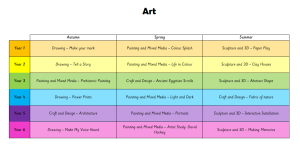
Overview
Click to view our Art Overview
Knowledge Organisers
Year 1
Year 2
Year 3
Year 4
Year 5
Year 6
Computing
Computing at Sowe Valley
We recognise the importance technology plays in society today and understand the need for children to become computer literate. Computing is linked wherever possible with other areas of the curriculum and is also taught as a subject within its own right. The children carry out research as well as having the opportunity to produce art work, make music, handle data, word process and interact with simulations.
We have trolleys of laptops and iPads for use within classrooms. All classrooms are equipped with an interactive whiteboard. Children have supervised access to the internet and we ask parents and children to sign an agreement in support of safe internet use.
We use Google Classroom, where children and parents can access work, photographs and websites set by teachers.
Curriculum Map
Overview
Click To View Our Subject Overview Computing
Knowledge Organisers
Year 1
Year 2
Year 3
Year 4
Year 5
Programming music with Scratch
Year 6
Design and Technology
Design and Technology at Sowe Valley
In Design and Technology, we aim to help children to come to know and understand how structures and products work and have been assembled. We provide them with opportunities to apply that knowledge and understanding in designing, making and controlling products of their own. The selection of materials, correct and safe use of tools, adapting and evaluating designs are important features of this work.
Curriculum Map
Overview
Knowledge Organisers
Year 1
Year 2
Year 3
Year 4
Year 5
Year 6
Maths
Maths at Sowe Valley
We aim to make maths interesting and exciting in order to develop children’s interest and enthusiasm for the subject. This comes from a wide range of mathematical experiences such as problem solving, investigations, games, use of information technology and learning from everyday situations such as shopping, telling the time and cooking. We follow the National Curriculum in KS1 and KS2 and the programme for EYFS takes account of the Early Learning Goals and provides a bridge from the Goals to the National Curriculum.
Curriculum Map
Click to view our White Rose Maths Curriculum Maps
Overview
Click to view our Maths Overview
Modern Foreign Languages
Modern Foreign Languages at Sowe Valley
Learning a foreign language provides a valuable educational, social and cultural experience in preparation for future life. At Sowe Valley, we introduce our pupils to French in a fun and enjoyable way. In KS2, interesting and relevant topics are chosen in order to engage and stimulate learning and to develop children’s curiosity of language.
Curriculum Map
Click the image below to view our Modern Foreign Languages Curriculum Map
Overview
Click to view our MFL Overview
Knowledge Organisers
Year 3
Year 4
Year 5
Year 6
Music
Music at Sowe Valley
We aim to make Music a fun and enjoyable learning experience. We encourage children to participate in a variety of musical experiences through which we aim to build the confidence of all children.
With music, the children will gain an understanding of sound and rhythm through listening to and playing a variety of instruments. They have many opportunities to sing, compose, listen to music and learn about different composers.
In addition, children gain many transferable skills and qualities through musical activity. They cultivate personal qualities (such as perseverance, self-motivation, self-discipline, teamwork, problem solving skills and listening skills) and important social skills. Children are able to express and develop their talents during productions, concerts, trips and assemblies. All the children are offered the opportunity to play a musical instrument within their music lessons.
Curriculum Map
Overview
Click to view our Music Overview
Music Development Plan
Click to view our Music Development Plan
Knowledge Organisers
Year 1
Year 2
Year 3
Year 4
Year 5
Year 6
PE
PE at Sowe Valley
We aim to give children a broad and balanced curriculum of physical activities and opportunities to understand the importance of a healthy, active lifestyle.
All the children take part in gymnastics, dance and games. In Key Stage 2, swimming is taught in Year 4 and top up lessons are given at the end of Year 6.
Co-operation, competition and an awareness of good sporting behaviour are vital elements of our games activities.
Curriculum Map
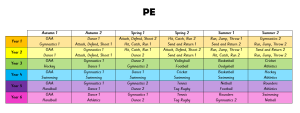
Overview
Knowledge Organisers
Year 1
Year 2
Year 3
Year 4
Year 5
Year 6
Phonics
At Sowe Valley, we prioritise fostering a love of reading in our pupils as we value reading as a key life skill. For this reason, we are dedicated to enabling our pupils to become lifelong readers who enjoy a wide range of texts. From the moment children enter our Reception classroom, they are immersed in a language rich environment full of opportunities to build their vocabulary, enjoy stories and develop their skills in reading. Teachers at Sowe Valley use reading to provoke thought within their pupils and encourage children to read widely across both fiction and non-fiction. This is critical in supporting children to develop their knowledge of themselves and the world in which they live, to establish an appreciation and love of reading, to gain knowledge that can be used across the curriculum and develop their comprehension skills. Our intention is to ensure that, by the end of their primary education, all pupils are able to decode words in order to be able to read fluently, with an understanding of what they have read, and with confidence. At Sowe Valley, we promote reading for pleasure and we are committed to ensuring children understand the value and importance of reading in everyday life, and are able to use their developed reading skills to support them as the progress through life.
Teaching of Phonics
In Year 1 we continue to follow the ‘Supersonic Phonic Friends’ programme to plan and teach phonics on a daily basis. In autumn 1, children in Year 1, review Phases 3 and 4, plus learn new Phase 5 GPC’s. In autumn 2, we continue to learn more GPC’s in Phase 5, consolidating prior learning through ‘growing the code’. During spring and summer, the children continue to learn more Phase 5 GPC’s, with an emphasis on alternative spellings. During the summer term of Year 1, children will take the Phonics Screen Check.
PSHE and RSE
PSHE and RSE at Sowe Valley
Personal, Social, Health and Economic Education & Relationships and Sex Education is taught throughout the curriculum. From the Early Years onwards, topics that arise from children’s natural questions such as “Ourselves” or “Our Body” are implemented into the curriculum. As the children move into Key Stage 1, the school policy agreed by the Governors specifies that a health education module is based on the Jigsaw PSHE & RSE programme. Before the RSE unit is delivered, parents will have the opportunity to see the relevant content.
At Sowe Valley, the personal development of every pupil is a core priority, deeply embedded throughout the entire curriculum – not limited to PSHE and RSE lessons. Pupils are consistently encouraged to grow socially, morally, spiritually, and culturally, while also developing a strong understanding of British Values and protected characteristics. These opportunities are thoughtfully woven into all areas of school life, including assemblies, the wider curriculum, educational visits, and through external visitors.
Diversity is celebrated across the school, with pupils learning to appreciate both what makes them unique and what they share with others. Events such as Black History Month provide valuable opportunities to explore important historical figures and cultural contributions, while VE Day celebrations help pupils understand and reflect on national heritage and the importance of peace.
Our curriculum is further enriched through real-world learning experiences. Visits from PCSOs support pupils in understanding community roles and personal safety. Additionally, our older pupils have opportunities to be part of the Junior PCSO scheme. The St John’s Ambulance team provides practical first aid training, empowering pupils with essential lifesaving knowledge. Our younger pupils are supported with their health and independence including sessions on effective teeth brushing and hygiene.
We foster empathy and community spirit through meaningful connections, ensuring that pupils feel a sense of belonging to their community, such as singing at a local care home, where pupils bring joy to others while developing confidence and compassion.
Through raising aspirations, children are encouraged to think positively about their futures, exploring a range of careers and life goals so that pupils believe they can become whatever they want to.
Bullying, discrimination, harassment, and victimisation are not tolerated and are actively challenged. Pupils are equipped with the knowledge and skills to stay safe and healthy, both online and offline. As a school, we take a proactive and responsive approach to pupils’ evolving needs, ensuring they are supported in understanding and engaging with the world around them.
Curriculum Map
Overview
Click to view our PSHE and RSE Overview
Knowledge Organisers
Please contact the school if you would like to view our knowledge organisers.
What is PSHE Education?
PSHE Education (Personal, Social, Health and Economic Education) is a planned programme of learning through which children and young people acquire the knowledge, understanding and skills they need to successfully manage their lives – now and in the future. As part of a whole-school approach, PSHE Education develops the qualities and attributes pupils need to thrive as individuals, family members and members of society.
What do schools have to teach in PSHE Education?
According to the National Curriculum, every school needs to have a broad and balanced curriculum that:
• promotes the spiritual, moral, social, cultural, mental and physical development of pupils at the school;
• prepares pupils at the school for the opportunities, responsibilities and experiences of later life;
• promotes British values.
From September 2020, primary schools in England also need to teach Relationships and Health Education as compulsory subjects and the Department for Education strongly recommends this should also include age-appropriate Sex Education.
Schools also have statutory responsibilities to safeguard their pupils (Keeping Children Safe in Education, DfE, 2019) and to uphold the Equality Act (2010).
The Jigsaw Programme supports all.
Jigsaw is designed as a whole school approach, with all year groups working on the same theme (Puzzle) at the same time. This enables each Puzzle to start with an introductory assembly, generating a whole school focus for adults and children alike. Jigsaw aims to help children know and value who they really are and how they relate to other people in this ever-changing world.
There are Puzzles (half-term units of work) each with Pieces (lessons). Every year group studies the same Puzzle at the same time (sequentially ordered from September to July), allowing for whole school themes and the end of Puzzle product, for example, a display or assembly to be shared and celebrated by the whole school. Each year group teaches six lessons per half term and all lessons are delivered in an age- and stage- appropriate way so that they meet children’s needs.
This is Our Jigsaw Charter. We use our Charter in all of our Jigsaw lessons, to ensure that each child has a voice and the right to give their own opinions as well as the chance to listen to others.
The Puzzles and what children learn
Being Me In My World covers a wide range of topics, including a sense of belonging, welcoming others and being part of a school community, a wider community and a global community; it also looks at children’s rights and responsibilities, working and socialising with others, and pupil voice.
Celebrating Difference focuses on similarities and differences and teaches about diversity, such as disability, racism, power, friendships, and conflict; children learn to accept everyone’s right to ‘difference’, and most year groups explore the concept of ‘normal’ and bullying – what it is and what it isn’t.
Dreams and Goals aims to help children think about their hopes and dreams, their goals for success, what personal strengths are, and how to overcome challenges,
via team work skills and tasks.
Healthy Me covers two main areas of health: Emotional health (relaxation, being safe, friendships, mental health skills, body image, relationships with food, managing stress) and Physical health (eating a balanced diet, physical activity, rest and relaxation, keeping clean, drugs and alcohol, being safe, first aid) in order for children to learn that health is a very broad topic.
Relationships has a wide focus, looking at diverse topics such as families, friendships, pets and animals, and love and loss. A vital part of this Puzzle is about safeguarding and keeping children safe; this links to Internet safety and social networking, as well as attraction and assertiveness; children learn how to deal with conflict, their own strengths and self-esteem. They have the chance to explore roles and responsibilities in families, and look at stereotypes.
Changing Me deals with change of many types, from growing from young to old, becoming a teenager, assertiveness, self-respect and safeguarding. Each year group thinks about looking ahead, moving year groups or the transition to a new school. This puzzle links with the Science curriculum when teaching children about life cycles and how our body changes.
Assessment in Jigsaw is both formative and summative. Within the lesson children are also able to identify areas for self-improvement. Teachers track the children’s attainment on ‘Target Tracker’ which informs future planning as well as identifying children who may need more support with emotional literacy or social skills development.
Reading
Click To View Our Subject Overview Reading
Click to Access Our Virtual Library of Teacher Stories Here
At Sowe Valley Primary School we believe that reading is an essential life skill and we are committed to enabling our children to become lifelong readers.
At the heart of our strategy is our drive to foster a love of reading, enriching children’s learning through carefully designed teaching activities that utilise imaginative stories and thought provoking texts. Reading is a skill that enables children to develop their learning across the wider curriculum and lays the foundations for success in their future.
We have high expectations of all children and encourage parents to support our vision by reading at home daily with their children.
Phonics
We use Supersonic Phonic Friends to teach our children phonics. This scheme is a fully systematic synthetic phonic approach. Find out more about our teaching of phonics in the Phonics tab above.
Our reading skills lessons take place every day in every year group across the school for 30 minutes. Within these sessions our teachers model reading strategies during shared whole class reading sessions. These involve high quality, age-appropriate texts which are carefully selected by our staff. These are read to or with the children and provide an opportunity to teach children specific reading skills to widen their vocabulary and develop their levels of comprehension, as outlined in the National Curriculum. Questions are planned by teachers in advance to help children access a range of skills to help them to develop a greater understanding of a range of reading materials including fiction, non-fiction and poetry materials.
In our reading lessons, we use reading VIPERS (based on materials from ‘The Literacy Shed’) to help support our pupils to understand what a good reader looks like and how to approach answering reading questions. VIPERS is an acronym used by teachers at Sowe Valley to aid the recall of the 6 reading domains as part of the UK’s reading curriculum. They are the key areas which we feel children need to know and understand in order to improve their comprehension of texts.
Vocabulary Inference Prediction Explanation Retrieval Sequence or Summarise
All children work on VIPERS during class reading whether this is reading as a class, in a small group or one to one with an adult. We encourage children to orally talk through their answers before formally recording their answers. Children do this in a variety of ways such as discussing the answer first with their peers and/or an adult and then writing their best answer.
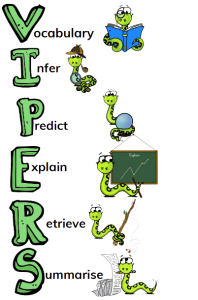
Click to View Vipers Question Stems Here
It would be excellent if, as parents, you could also refer to these VIPERS regularly when you are listening to your child read at home. VIPERS questions can be applied to any text that a child is reading as well as with pictures, picture books and films! When any adult is listening to a child read, all they have to do is think of questions about the book, picture or film that cover some of the VIPERS and there are some great examples below of how you can create your own questions using the following question openers. If you have any questions or are struggling with this, please contact your child’s class teacher and they will provide some additional support materials to use at home.
At Sowe Valley Primary School, we encourage a reading for pleasure ethos through daily reading sessions, class story time, outdoor reading, reading challenges, author visits and reading events, such as World Book Day. Children also have independent access to a wide variety of high-quality texts in their classroom reading areas and school reading hubs which can be accessed on weekly ‘zone day’. It is these tools and opportunities that we believe give our children the necessary skills to become thoughtful and confident readers for life.
Our staff nurture a love of books by introducing books with enthusiasm and enjoyment, promoting a sense of wonder and expectation as the book is explored. Our staff use high quality texts in all aspects of their teaching across the curriculum and provide opportunities that extend and enrich the children’s learning in their class. When we read for pleasure, our children can choose the books they wish to read and enjoy.
Children’s love of reading is a high priority at Sowe Valley. We aspire for our pupils to read and enjoy a wide range of texts. Therefore, each year group is provided with a ‘top 50 challenge’ where they are encouraged to read as many books from the recommended list during their time in that year group. Pupils will bring a Top 50 book home alongside their reading book to enjoy at home – these are changed at pupils request and may take longer to read than their reading book. Please feel free to enjoy the book for aslong as you require before returning it to change. The top 50 books are selected and pitched at the reading age typically expected of pupils within that year group and, on some occassions, these may challenge your child beyond their reading ability. Our provision of books aim to promote a love of books so it may be that you choose to read to, read with or listen to your child reading the story.
RE
RE at Sowe Valley
Religious Education at Sowe Valley helps pupils explore a range of worldviews and religions. We learn about different beliefs, practices and values in a safe, inclusive, and respectful environment. Children are encouraged to ask questions, share ideas, and celebrate the diversity of our world.
Our central aim is to help children come to an understanding of religion and the ways in which it addresses the fundamental questions of human existence. To this end, we teach children about the major world religions, offer them opportunities to reflect on their own beliefs and values and help children to develop a positive, respectful and inclusive attitude towards other people.
Our RE curriculum is based on the locally agreed syllabus and reflects our school values. Children learn about a wide range of religions and worldviews, including (but not limited to):
- Christianity
- Islam
- Hinduism
- Sikhism
- Judaism
- Humanism and other worldviews
We explore how beliefs influence people’s lives and values, and we celebrate the rich diversity of cultures and traditions in our school and community.
Parents and carers have the right to withdraw their child from RE lessons. If this is something you are considering, please arrange to discuss this with the headteacher.
Curriculum Map
Click to view our RE Curriculum Map
Overview
Science
Science at Sowe Valley
Scientific activity is one of the ways in which we relate to our surroundings and everyday lives. Our Science teaching aims to help children become both knowledgeable and inquisitive. Throughout our school, we teach the children about materials and their properties, life and living things and physical processes such as electricity, light and sound. We also show them how to plan investigations and obtain and consider evidence, so that increasingly the whole exercise of investigating an idea, with appropriate supervision and support can be carried out by the children themselves.
Science is taught mainly as a separate subject. Some areas of scientific work lend themselves particularly well to being taught within a topic or theme. Where appropriate this is done, helping children to understand the place of scientific knowledge and skills in all our lives.
Curriculum Map
Overview
Click to view our Science Overview
Knowledge Organisers
Year 1
Year 2
Living things and their Habitats
Year 3
Year 4
Living Things and their Habitats
Year 5
Living Things and Their habitats
Year 6
Living Things and their Habitats
Super Science at Home
Speaking And Listening
Theme - Geography and History
Theme at Sowe Valley
At Sowe Valley, our curriculum has been carefully constructed to create meaningful connections between Geography, History and Science. By linking these subjects through engaging themes, pupils are encouraged to see how knowledge and skills interconnect, deepening their understanding of the world around them.
Rooted in the local area of Coventry, our curriculum celebrates the city’s history, environment, and people of significance, helping pupils understand their place in the world and our school values — Belong, Believe, Become.
Across our themes, golden threads are woven throughout each year group to ensure progression and continuity. These threads help children revisit and deepen their understanding over time, linking past learning with new discoveries.
In Geography, pupils explore the golden threads of location, human and physical features, significant people, weather and climate, and water.
In History, they learn through conflict and resolution, legacy, hierarchy, significant people and events, and water.
The shared thread of water connects both subjects, reflecting our strong link with the River Sowe and our local community.
Pupils learn not only key facts but also how to think like geographers, historians, and scientists—asking questions, investigating evidence, and drawing conclusions. Each year group builds on prior learning, enabling children to make connections, apply their understanding in new contexts, and retain what they have learned.
Our curriculum is progressive and carefully sequenced, developing both knowledge and skills as pupils move through school. Through meaningful, connected learning, children are inspired to believe in themselves as learners, belong to a proud community rooted in Coventry’s heritage, and become curious, confident individuals with an appreciation of how the past, present and natural world shape their future.
Geography
Our main aim is to teach children the geographical knowledge and skills which they need to investigate the physical features and effects of human activity which have shaped their locality, their country and their world. Undertaking fieldwork, using plans and maps, studying places, weather, settlements and environmental change are important elements of our scheme of work for Geography.
History
In History, the children develop a sense of time and an understanding of the past through our approach of investigation and enquiry using artefacts, photographs, paintings, videos, music, visits and information technology. The children are encouraged to develop a curiosity and long term interest in the past that will enrich their understanding of today.
Curriculum Map
Overviews
Click to view our Geography Overview
Click to view our History Overview
Knowledge Organisers
Please contact the school if you would like to view our knowledge organisers.
Writing
Click To View Our Subject Overview Writing
Writing in EYFS
From the moment children enter our Reception classroom they are immersed in a language rich environment, with stories at the core of their learning and the Early Years Curriculum. Pupil articulation and oracy is valued with a high priority and children are given a range of opportunities to engage in back-and-fourth interactions, conversations, story-telling and role play. The supportive environment provides children with the appropriate scaffolds and models to help them develop confidence in expressing themselves whilst adding to their vocabulary.
Alongside opportunities to strengthen their oracy, children participate in daily phonics teaching where, over time, they begin to recognise phoneme-grapheme correspondence. Once the children can segment sounds, they begin to label the pictures they see with words and soon they use these words to form sentences. The children are supported to apply their phonic learning to their writing, follow a simple sentence structure and to use basic punctuation during their Reception year.
Writing across KS1 and Ks2
Writing at Sowe Valley is taught using a model of practice taken from ‘The Write Stuff’. The research of Jane Considine (The Write Stuff) focuses on a love of story, enrichment and language. Children are immersed in a key text, revealing plot points one at a time through the ‘slow reveal’ to maintain the excitement of revealing the story. This story forms the basis of the wider project and curriculum enrichment. Not only do the children hear stories, they soon become authors themselves. As the children progress through Year 1 they begin ‘Sentence Stacking’; connecting ideas about characters to create stories. Combining their love of reading with a love of writing as they become story writers.
Children follow a method called ‘sentence stacking’. Sentence stacking refers to the fact that sentences are grouped together chronologically or organisationally to engage children with short, intensive moments of learning that they can apply immediately to their writing. Children learn to sentence stack, focusing on the style of the author and impact of words and sentences. Within a writing lesson, children use writing lenses to help them focus on specific skills. These lenses relate to the ‘Three Zones of Writing’: The FANTASTICs (Ideas), The GRAMMARISTICs (Tools), and The BOOMTASTICs (Techniques) support their learning, precision and writing.
The FANTASTICs system, which is also used in the teaching of reading, allows children to identify the nine elements that all text types are comprised of. When pupils are familiar with these nine elements, they are able to ensure that they are incorporated into their writing. The FANTASTICs help children to sharpen their understanding of their own and others’ writing by encouraging them to be observant and reflective.
The 9 GRAMMARISTICs cover national curriculum requirements, capturing the broad spectrum of key grammar knowledge. Discrete gammar lessons are also taught to ensure specific grammar knowledge is taught and revisited. A grammar routeway is used to ensure consistency and progression through school.
The BOOMTASTICs capture the ten powerful ways to add drama and poetic devices to writing. They help children structure their work, teaching them to showcase their writing voice, demonstrate originality and to take risks in a bid to capture the truth of a situation.
Once children have followed their ‘central character’ through the story, they have the opportunity to plan and write independently using their previous learning to shape their creative stories. Children at Sowe Valley are encouraged to see writing as a journey; re-drafting and editing are used before writing is published. Writing extends across the curriculum with children being given opportunities to write for a range of different purposes outside of the writing lesson.
View Glossary To Support Parents

